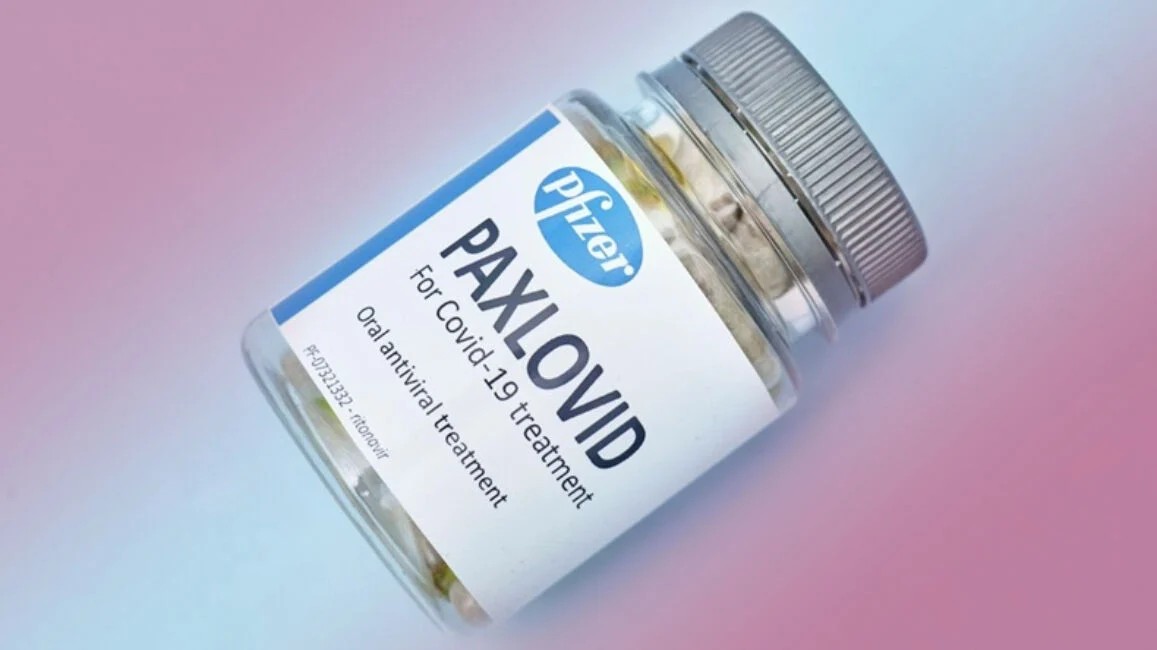Pfizer Inc. announced that the U.S. Food and Drug Administration (FDA) has authorized the emergency use of PAXLOVID™ (nirmatrelvir [PF-07321332] tablets and ritonavir tablets) for the treatment of mild-to-moderate COVID-19 in adults and pediatric patients (12 years of age and older weighing at least 40 kg [88 lbs]) with positive results of direct SARS-CoV-2 viral testing, and who are at high risk for progression to severe COVID-19, including hospitalization or death. The treatment includes nirmatrelvir, a novel main protease (Mpro) inhibitor originating in Pfizer’s laboratories, which was specifically designed to block the activity of the SARS-CoV-2 Mpro, an enzyme that the coronavirus needs to replicate.
Albert Bourla, Chairman and Chief Executive Officer, Pfizer, said:
Today’s authorization of PAXLOVID represents another tremendous example of how science will help us ultimately defeat this pandemic, which, even two years in, continues to disrupt and devastate lives across the world. This breakthrough therapy, which has been shown to significantly reduce hospitalizations and deaths and can be taken at home, will change the way we treat COVID-19, and hopefully help reduce some of the significant pressures facing our healthcare and hospital systems. Pfizer stands ready to begin delivery in the U.S. immediately to help get PAXLOVID into the hands of appropriate patients as quickly as possible.
The FDA based its decision on clinical data from the Phase 2/3 EPIC-HR (Evaluation of Protease Inhibition for COVID-19 in High-Risk Patients) trial, which enrolled non-hospitalized adults aged 18 and older with confirmed COVID-19 who are at increased risk of progressing to severe illness. The data demonstrated an 89% reduction in the risk of COVID-19-related hospitalization or death from any cause in adults treated with PAXLOVID, compared to placebo, within three days of symptom onset (primary endpoint). No deaths occurred in the treatment group compared to nine deaths in the placebo group by Day 28. Similar results were seen in those treated within five days of symptom onset (secondary endpoint), with an 88% reduction in risk and no deaths observed in the treatment group. Treatment-emergent adverse events were comparable between PAXLOVID (23%) and placebo (24%), most of which were mild in intensity. While PAXLOVID clinical trials did not include patients under the age of 18, the authorized adult dosing regimen is expected to result in comparable blood concentration levels of PAXLOVID in pediatric patients 12 years of age and older weighing at least 40 kg. Additional Phase 2/3 clinical trials are ongoing in adults at standard risk (i.e., low risk of hospitalization or death) of progressing to severe illness, and in those who have been exposed to the virus through household contacts.
With PAXLOVID now authorized for emergency use, Pfizer stands ready to start delivery in the U.S. immediately. In November 2021, Pfizer announced an agreement with the U.S. government to supply 10 million treatment courses of PAXLOVID, with delivery fulfillment expected to be completed in 2022.
Regulatory Activity Outside of the U.S.
In addition to the U.S. FDA EUA, on December 16, 2021, the Committee for Medicinal Products for Human Use (CHMP) of the European Medicines Agency (EMA) issued advice that PAXLOVID can be used to treat adults with COVID-19 who do not require supplemental oxygen and who are at increased risk of progressing to severe disease. The EMA issued this advice under Article 5(3) of Regulation 726/2004 to support authorities of European Union (EU) Member States who may decide to allow the supply and use of PAXLOVID, for example in emergency use settings, prior to EU conditional marketing authorization.
Pfizer has submitted applications for regulatory approval or authorization to multiple regulatory agencies around the world and anticipates further regulatory decisions to follow. The company also plans to file a New Drug Application (NDA) with the FDA in 2022 for potential full regulatory approval.

